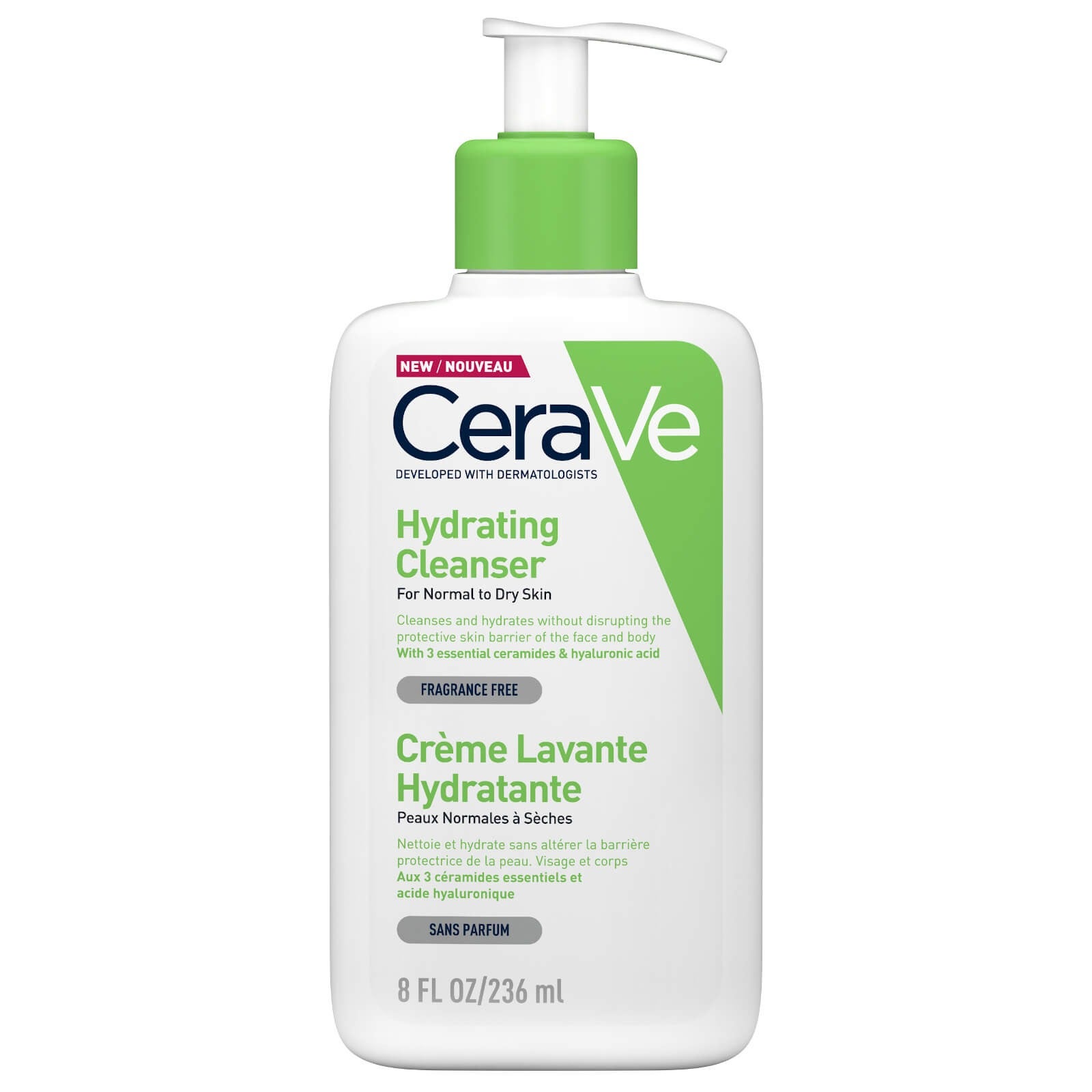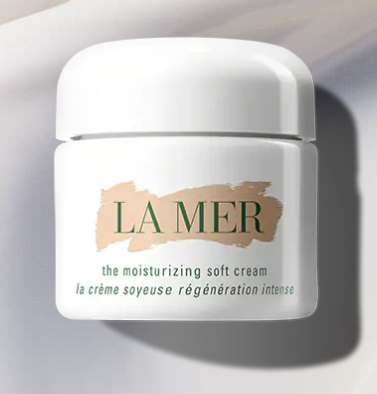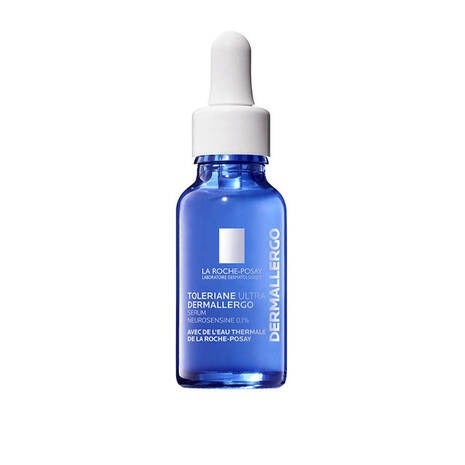As consumers I think we sometimes get slightly myopic when it comes to skincare. Our skin is an organ – a tangible part of the body with its own functions, microbiome (friendly bacteria on the skin's surface), pH level and a huge variety in thickness and texture from top to toe. Think about the delicate skin around your eyes versus the soles of your feet. When we’re trying to care for and maintain our skin, all we really think about is topical skincare products or maybe supplements, and that’s understandable — we are constantly having products marketed to us, as well as entire schools of thought and regimes like 'skinimalism' or the 10-step routine. If our skin starts to look or feel different, we’re quick to open our bathroom cabinets and try to crack the case by adding, omitting or switching products. But maybe it’s just our skin doing its thing.
AdvertisementADVERTISEMENT
Cosmetic dermatologist Dr Shawana Vali explained: "Your skin is influenced by the products you’re using but there are many other variables – both internal and external – that can affect the condition of the skin. If your hormones are fluctuating or your gut microbiome is disrupted, this can significantly impact on the skin health. Similarly, external factors such as environmental aggressors like sun exposure and pollution may alter the behaviour of your skin." If you found a routine that seemed to calm your breakouts and made your skin look and feel the way you wanted it to, and then the results suddenly changed, it doesn’t necessarily stand to reason that the products caused an issue. What else has been going on in your life? Are you more stressed than before? Are you sleeping well, or are you trying some new way of eating and have omitted a food group you used to enjoy? Are you busier than you were?
According to Dr Vali, the dissatisfaction you’re feeling could well be coming from your skincare. But it could also be coming from the interplay of your life with your skincare. "Your skin is an organ so it adapts the way all organs do. What worked for your skin six months ago might not work now because you have different needs," explained Dr Vali. "So when we say our skincare has ‘stopped working’, this indicates that there are deeper conditions that need to be addressed," she added, also noting that in her practice, she takes a very holistic approach and creates routines based on lifestyle as well as skin type. "As the needs of our skin change – which can be due to internal or external factors – our skincare needs to adapt in order to address these changes."
AdvertisementADVERTISEMENT
So when do you know it’s time to review? Dr Vali said the biggest sign that the skincare itself is problematic would be irritation. "If a product is causing irritation, stop using it. Go back to a simple routine. Going back to a simpler routine will allow your skin cells to essentially reset themselves and their internal workings to reactivate themselves," she advised. If you’re someone who likes experimenting with skincare, it’s good to know your safe products (i.e. the products that never cause a reaction or irritation) so that you have them as a backstop in case things go pear-shaped. For me, that’s the classic CeraVe Hydrating Cleanser, La Mer Moisturising Soft Cream and La Roche-Posay Toleriane Dermallergo Serum.
If there’s no irritation per se and you just feel you’re not getting the results you want, it might be time to take a look at your lifestyle as a whole and see if you can identify any changes that might be causing stress to yourself and your skin. If you’re confident that there have been no big changes, then maybe it’s time to think about gradually increasing the strength of any active ingredients. For example, if you started on a gentle retinoid, perhaps 0.3-0.5% for your breakouts, you might want to increase the strength of the product to continue building results. But I would strongly caution against trying to fix something that isn’t broken. It’s definitely not advisable to keep adding more products or treatments for the sake of it, and too much in the way of exfoliation can disrupt the skin barrier and cause irritation and even burns.
Instead of splashing out on a new routine, consider investing in an appointment with a dermatologist or a great facialist and get them to take a look at your skin from an objective standpoint. It may not be the quick-fix glow-up you’re after but skincare, just like the rest of healthcare, is absolutely a marathon and not a sprint.
Good luck,
Daniela
Instead of splashing out on a new routine, consider investing in an appointment with a dermatologist or a great facialist and get them to take a look at your skin from an objective standpoint. It may not be the quick-fix glow-up you’re after but skincare, just like the rest of healthcare, is absolutely a marathon and not a sprint.
Good luck,
Daniela
Refinery29's selection is purely editorial and independently chosen – we only feature items we love! As part of our business model we do work with affiliates; if you directly purchase something from a link on this article, we may earn a small amount of commission. Transparency is important to us at Refinery29, if you have any questions please reach out to us.
AdvertisementADVERTISEMENT









